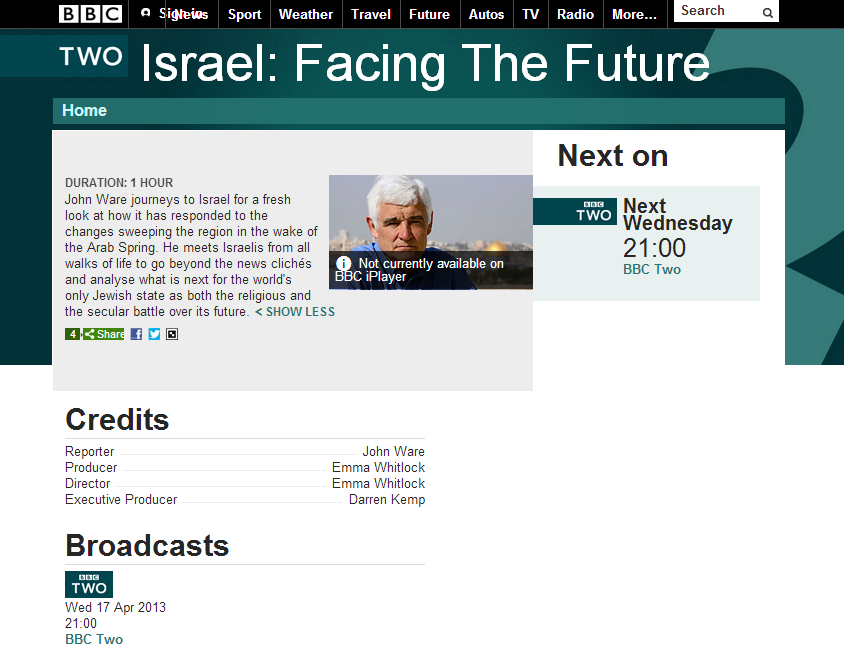1) At the JCPA Yoni Ben Menachem discusses a topic ardently avoided by the BBC: “Corruption in the Palestinian Authority“.
“At the moment, the hot topic of conversation in the Palestinian Authority is the most recent appointment made by Palestinian Authority Chairman Mahmoud Abbas. At the beginning of this week, he extended the tenure of his friend Rafiq al-Natsheh as head of the Palestinian Authority’s anti-corruption department for the second time, contrary to Palestinian law. Even the department’s internal constitution does not allow its serving head to remain in his position once his term has ended.”
2) Raz Zimmt of the INSS analyses the protests in Iran.
“Some two months after the wave of protest that swept through Iran, the Iranian authorities are endeavoring to bring the situation back to normal, though local protest events are still ongoing. The protests, which reflected the Iranian public’s demand for change, once again highlighted the conflicting opinions in the Iranian leadership concerning the desired response to the civilian plight.”
3) Writing at the Jerusalem Post, Joshua Block unpacks a concept about the Middle East that is frequently promoted in BBC coverage.
“Of all the policy myths that have kept us from recognizing the true nature of conflict in the blood-soaked region, one stands out for its fatality and perpetuation: the idea that if only the Israeli-Palestinian conflict were solved, all the other deep-rooted quandaries facing the Middle East would magically disappear.
The “Arab Spring” revolt that swept across the region should have destroyed the “linkage” dogma once and for all – what happened in Syria, Libya, Egypt and Tunisia had nothing to do with Israel – and yet the myth that the Arab world resolves around the Israeli-Palestinian conflict lives on.”
4) Yad VaShem is offering a free online course on the history of antisemitism.
“In this course, 50 leading scholars from all over the world will explore questions and issues relating to antisemitism including: What is antisemitism? How has it changed throughout history? Why can it be found among so many diverse cultures, and even among opposing ideologies? What happened to antisemitism after the Holocaust? How is antisemitism expressed today, and what are the main spheres in which it can be found?
We will examine different periods and societies, exploring the development of antisemitism as well as its changing nature over time, place and culture.”



